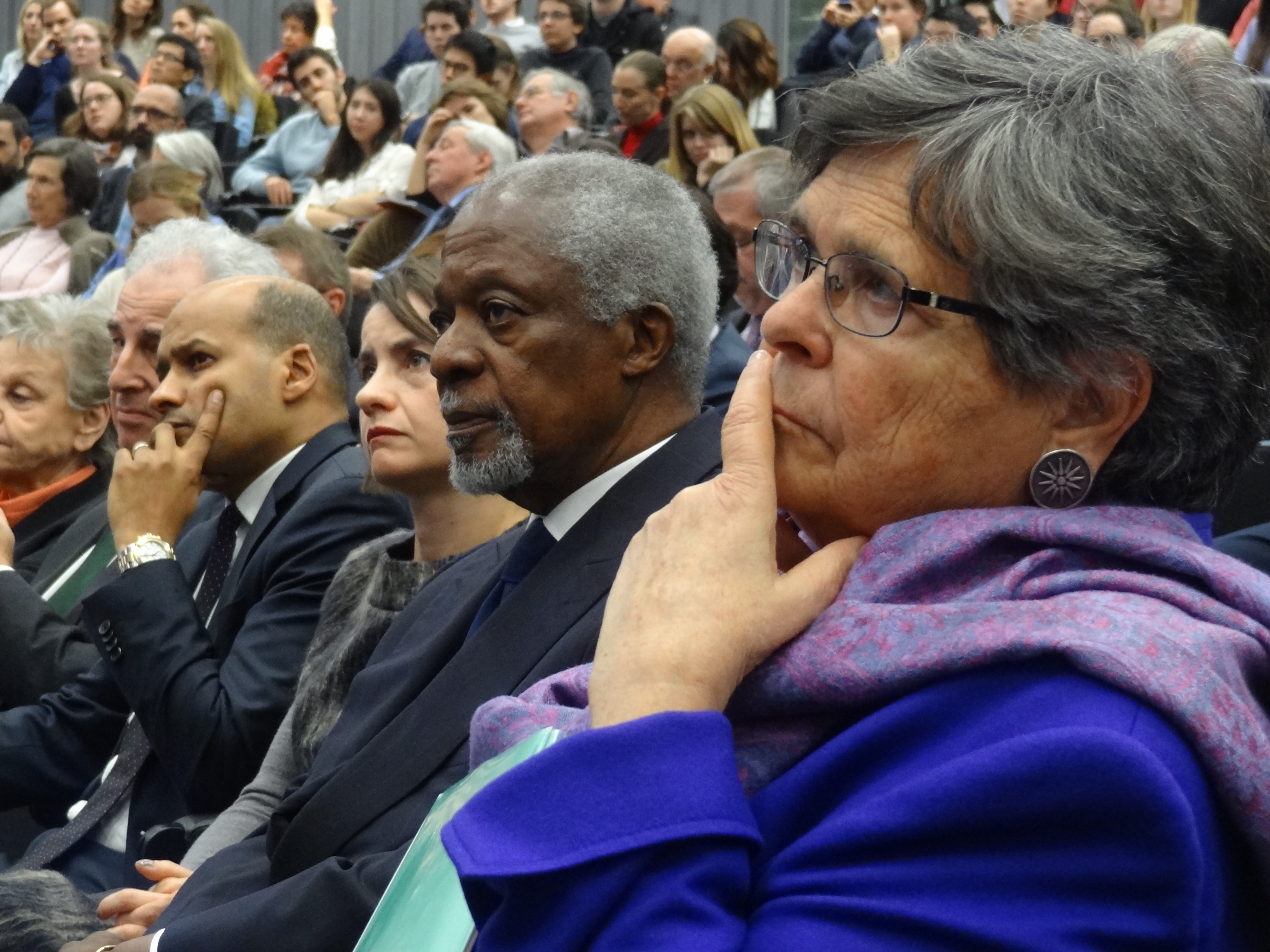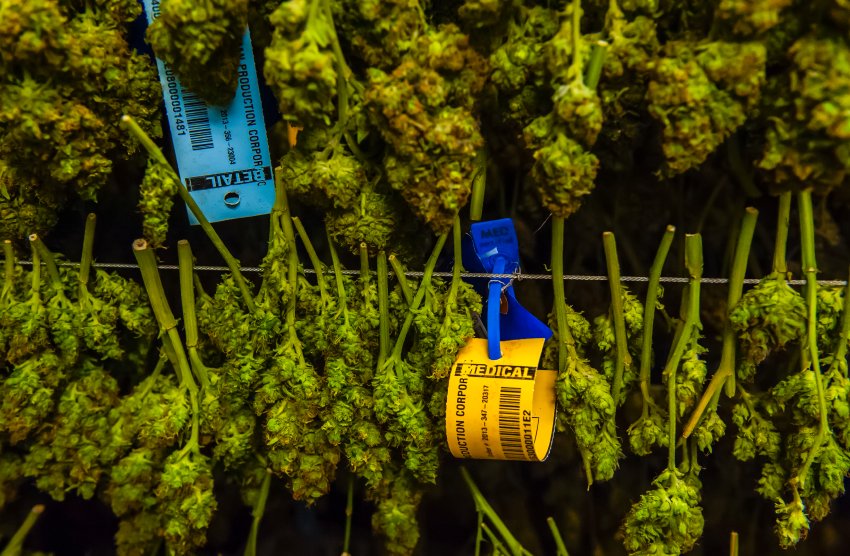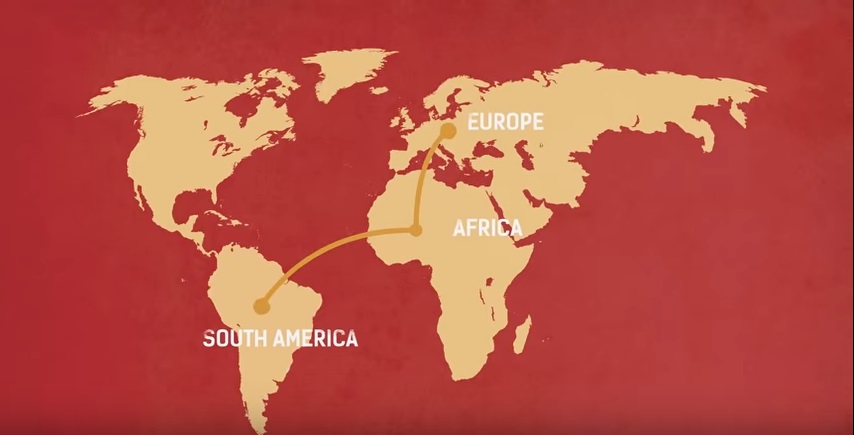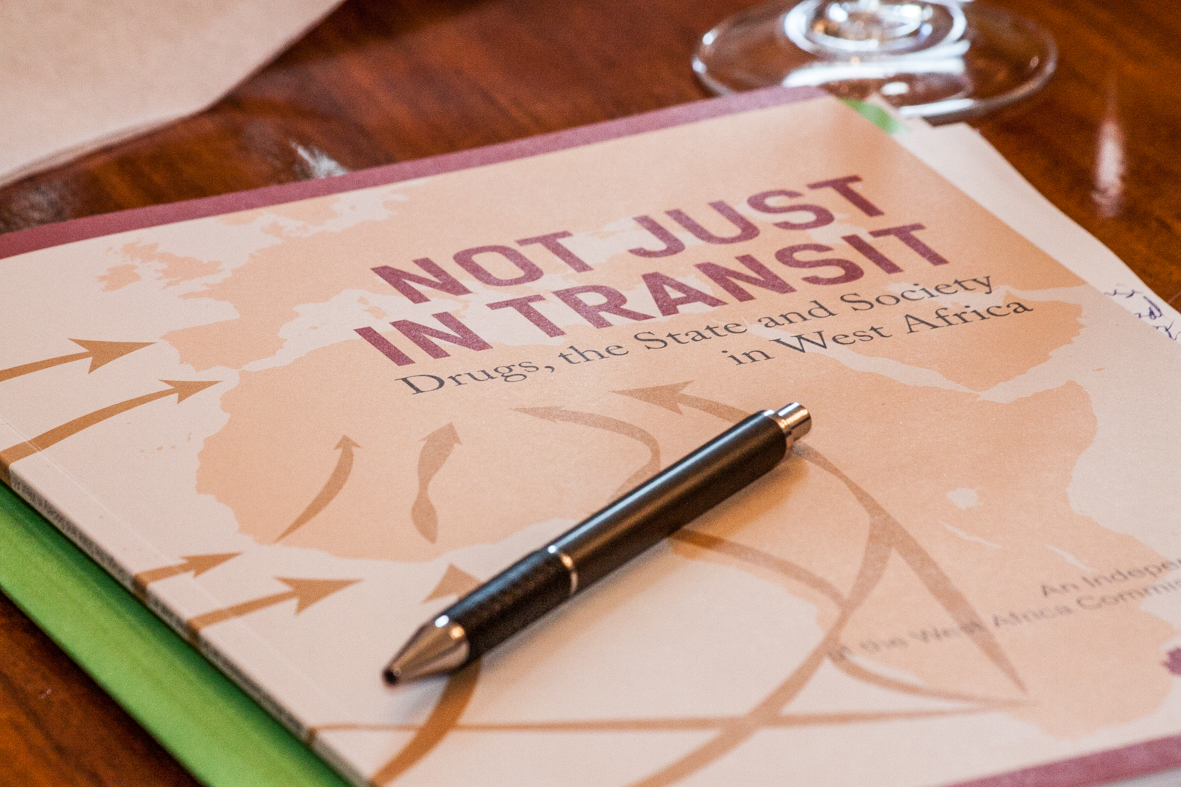“Drug trafficking in Mali must be handled urgently and differently”
Accra: A delegation of the West Africa Commission on Drugs (WACD) has just finished a three-day visit of Mali.
“Drug trafficking in Mali must be handled both urgently and differently,” saidEdem Kodjo, the former Prime Minister of Togo and former Secretary General of the Organisation of African Unity(OAU) who led the delegation. “The country is going through a difficult transition period, but this is an opportunity for change.”
To get a clear picture of the current situation in Mali, the delegation met a large range of interlocutors over the course of its visit, both in Bamako and in Gao, including the President elect, H.E. Ibrahim Boubacar Keita.They also met with security and health officials, traditional elders, the chamber of commerce, members of youth groups and political parties, as well as representatives of regional organisations and of the international community.
“Our meetings allowed us to take stock of the scale of the problem and understand that the drug traffickers had ties not only to extremist groups in Mali, but also to government institutions, against a background of widespread institutional corruption”, said commissioner Mahmoud Ould Mohamedou, a former foreign minister of Mauritania and currently a visiting professor at the Graduate Institute of International and Development Studies in Geneva and programme director at the Geneva Centre for Security Policy. “That means that there will have to be root-and-branch reform of the country’s institutions to put an end to impunity and to the multiple forms of smuggling that are hampering development.”
The Commission recognises the scale of the of the challenge to be met by the new government et therefore called on the international community, starting with regional cooperation, to help provide the country with the necessary resources, notably in terms of equipment, statistical tools and training necessary.
The commissioners also stressed that thelocal consumption of drugs had to be acknowledged and addressed as a growing problem, due to factors likeyouth unemployment, the weakness of the institutions and mechanisms handling the treatment of the psycho-social and medical consequences and the absence of support and reintegration facilities.
Kofi Annan, former secretary-general of the United Nations and Nobel Prize laureate, launched the WACD in Accra on 31 January 2013 in response to the dramatic surge in drug trafficking and consumption through West Africa over the past decade. The WACD is chaired by former President Olusegun Obasanjo of Nigeria.
• This was the fourth of a series of visits of the Commission to countries in the region. After Senegal, Ghana, Guinea Bissau and Mali, the WACD will soon be visiting Nigeria;
• Over the course of their 3-day visit, the delegation met:
– The president elect;
– The minister of the interior;
– The minister of justice;
– The minister of territorial administration and decentralisation;
– Representatives of theUnited Nations Multidimensional Integrated Stabilization Mission in Mali(MINUSMA);
– The representative of the African Union;
– The representative of the European Union;
– A representative of ECOWAS;
– The Director General of the Police;
– The commander of the drug brigade;
– The director of the Malian Centre for Inter-party Dialogue and Democracy;
– The head of the psychiatry ward at the Point G Hospital in Bamako;
– Tribal elders in Gao;
– A youth group in Gao;
– NGOs;
– The chamber of commerce;
– Local and international press.
• Alongside these country visits, the WACD has also commissioned a number of expert reports on different aspect of drug trafficking and consumption in the region
• The WACD will publish an authoritative report on the impact of drug trafficking and consumption on governance, security and public health in West Africa inearly 2014, which will include recommendations for action by West African states, as well as producer and consumer countries and relevant regional and international organisations.



